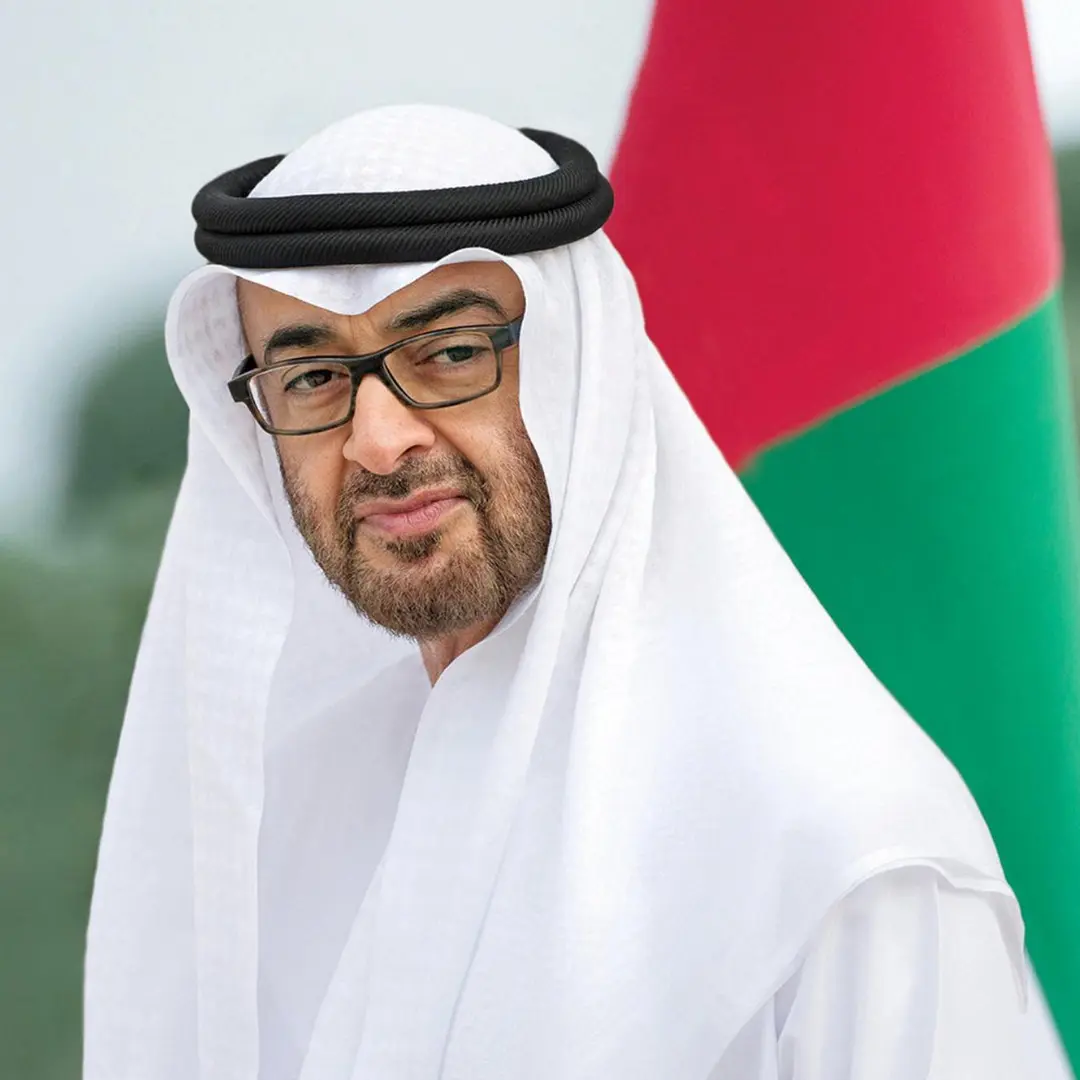The UAE President’s issuance of federal decrees to establish the Council for Fatwa and appoint its chairman represents a pivotal development in the religious and legal governance framework of the country. This move underscores the UAE’s commitment to organized and authoritative religious rulings within the framework of Islamic principles.
Firstly, the establishment of the Council for Fatwa signifies a structured approach towards issuing religious edicts (fatwas) in the UAE. A fatwa is a legal opinion or decree issued by Islamic scholars on matters of religious significance and is an essential aspect of governance in Islamic countries. By formalizing this council, the UAE aims to ensure that fatwas are issued based on rigorous scholarly review and in accordance with the teachings of Islam, thus promoting consistency and clarity in religious rulings.
Secondly, the appointment of the chairman of the Council for Fatwa holds significant importance. The chairman is tasked with leading the council and overseeing its operations, which include deliberations on complex religious issues, providing guidance to the public, and advising government bodies on matters relating to Islamic jurisprudence. This role is crucial in maintaining the integrity and credibility of the fatwas issued by the council.
The establishment of such a council also reflects the UAE’s approach to modern governance, where religious principles and legal frameworks work in tandem to ensure societal harmony and adherence to Islamic values. It exemplifies the country’s commitment to fostering an environment where religious guidance is accessible, authoritative, and aligned with contemporary challenges and contexts.
Moreover, the formation of the Council for Fatwa contributes to the UAE’s broader strategy of promoting religious tolerance and moderation. By centralizing the issuance of fatwas under a structured council, the UAE aims to mitigate the risks of divergent interpretations and unauthorized religious rulings, thereby reinforcing a unified approach to Islamic jurisprudence.
In conclusion, the UAE President’s issuance of federal decrees to establish the Council for Fatwa and appoint its chairman is a significant step towards enhancing religious and legal governance in the country. It underscores the UAE’s commitment to upholding Islamic principles while promoting a modern and structured approach to religious rulings. This initiative is expected to strengthen the role of religious authorities in providing authoritative guidance to the public and government institutions, contributing to overall societal cohesion and development in the UAE.









